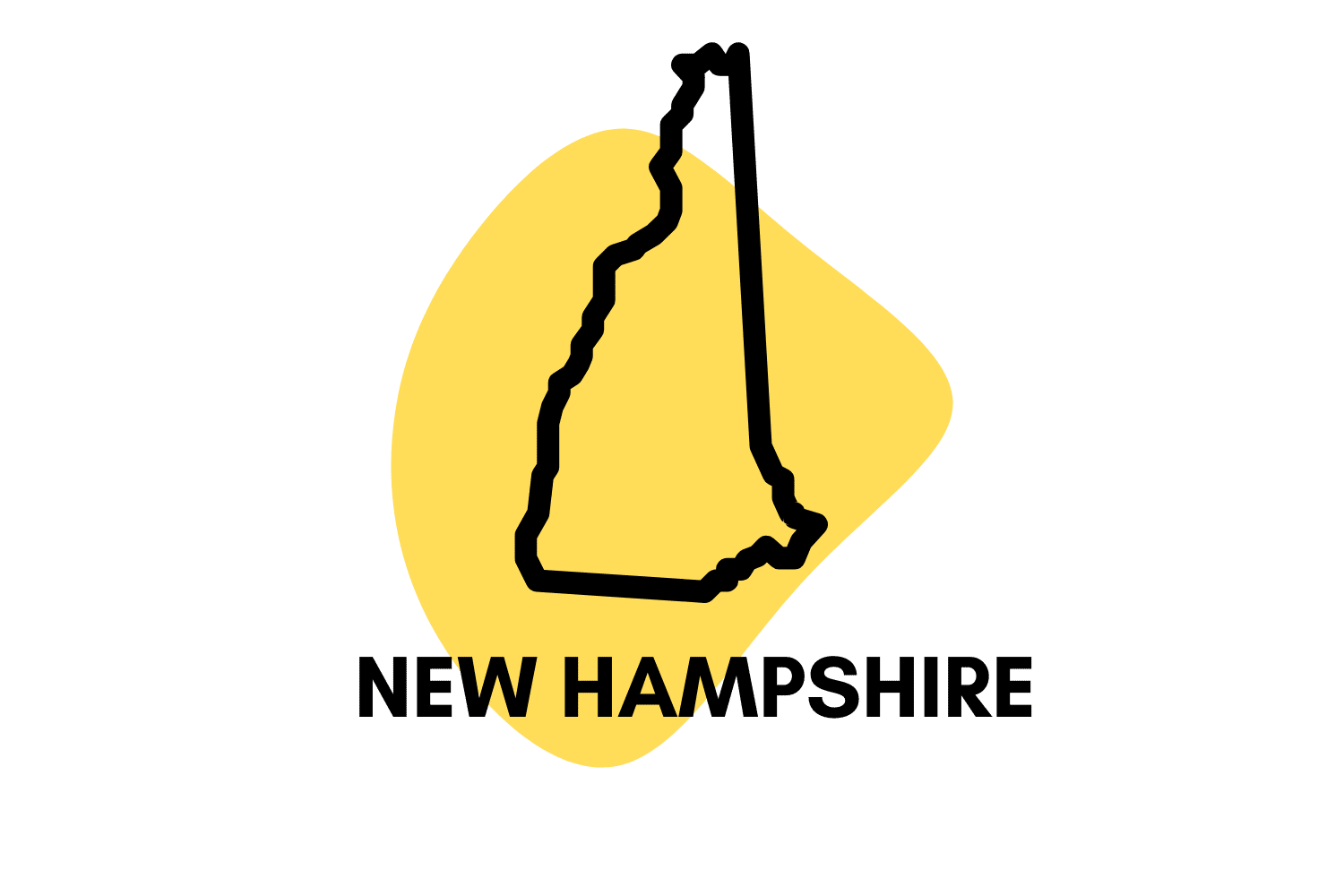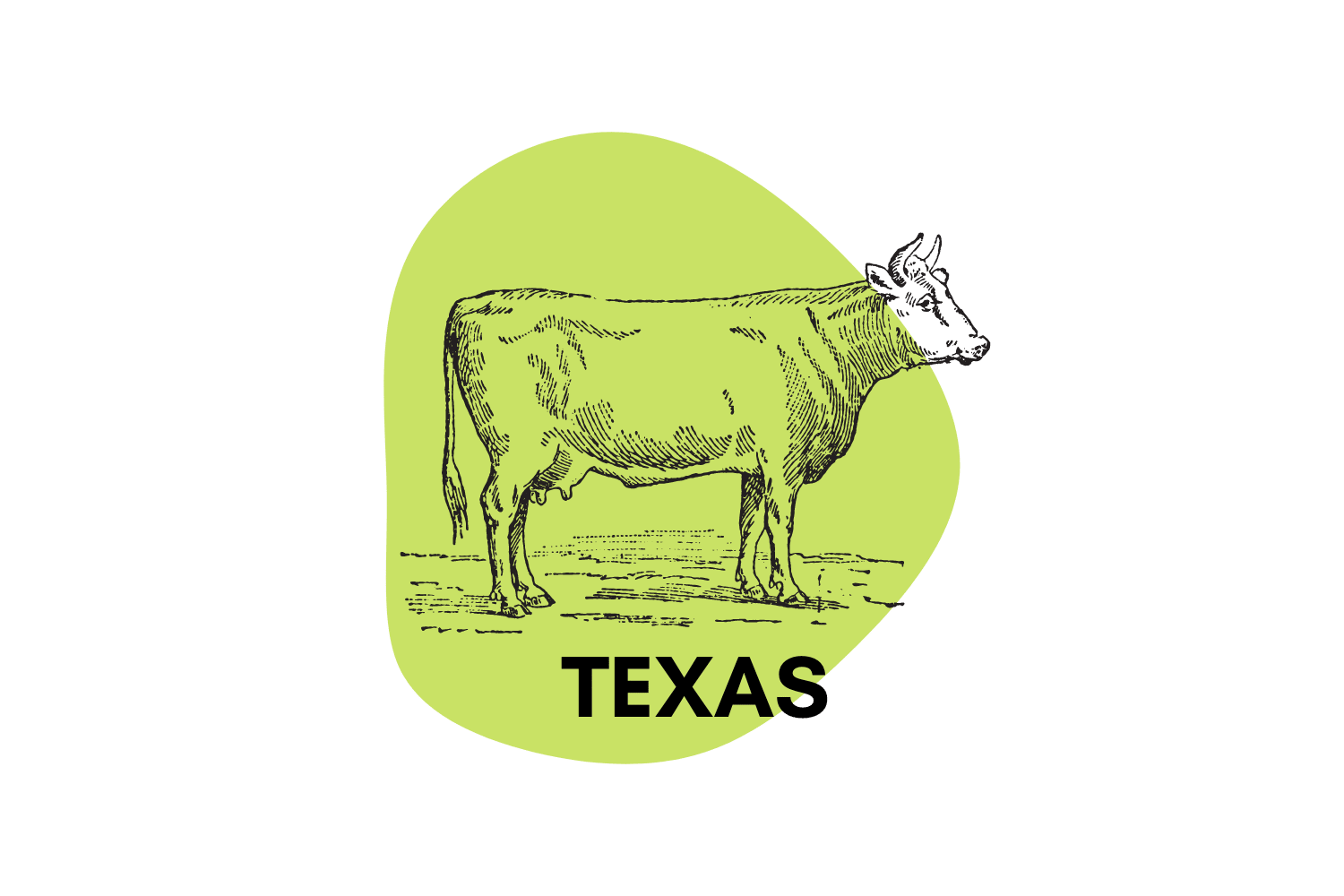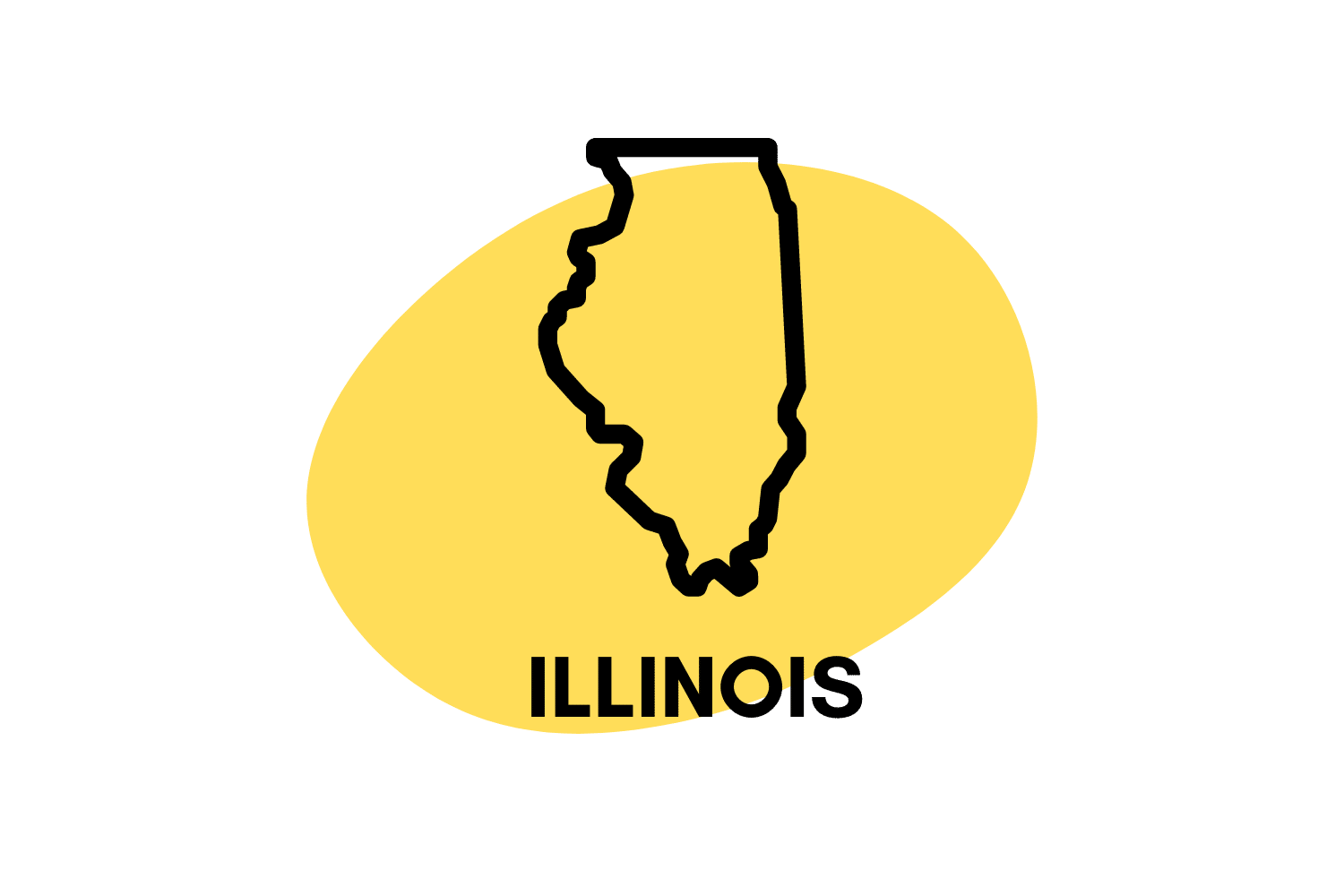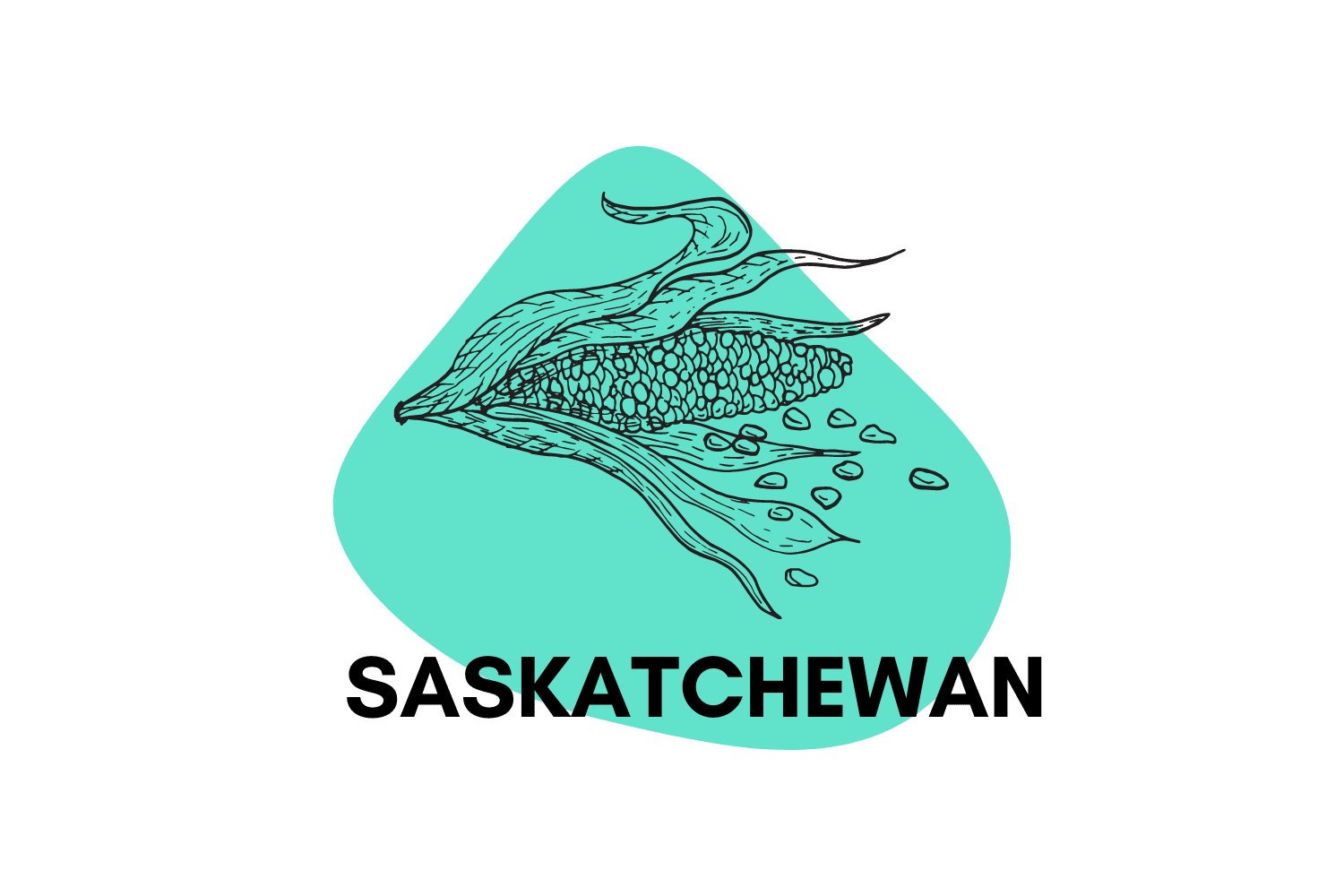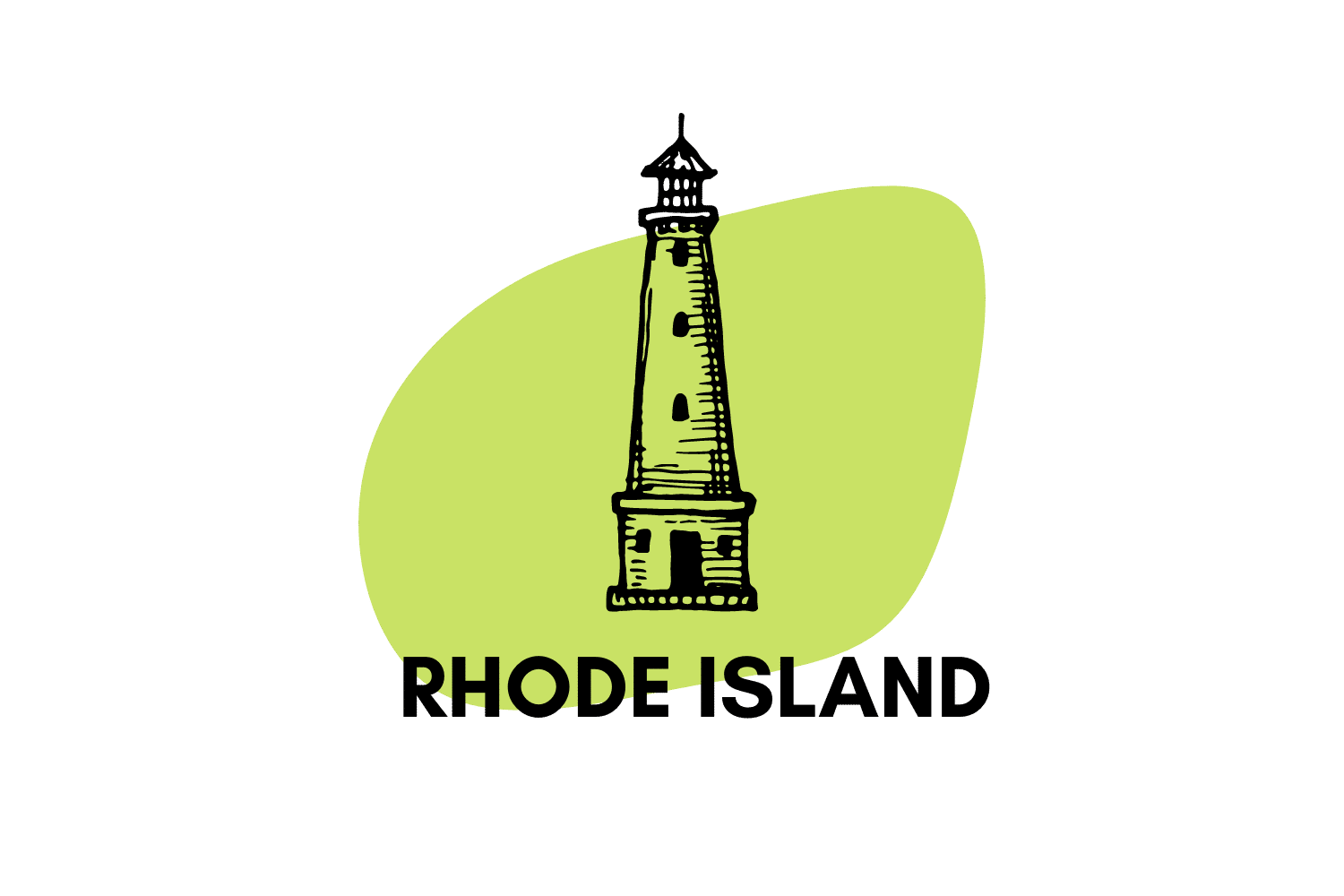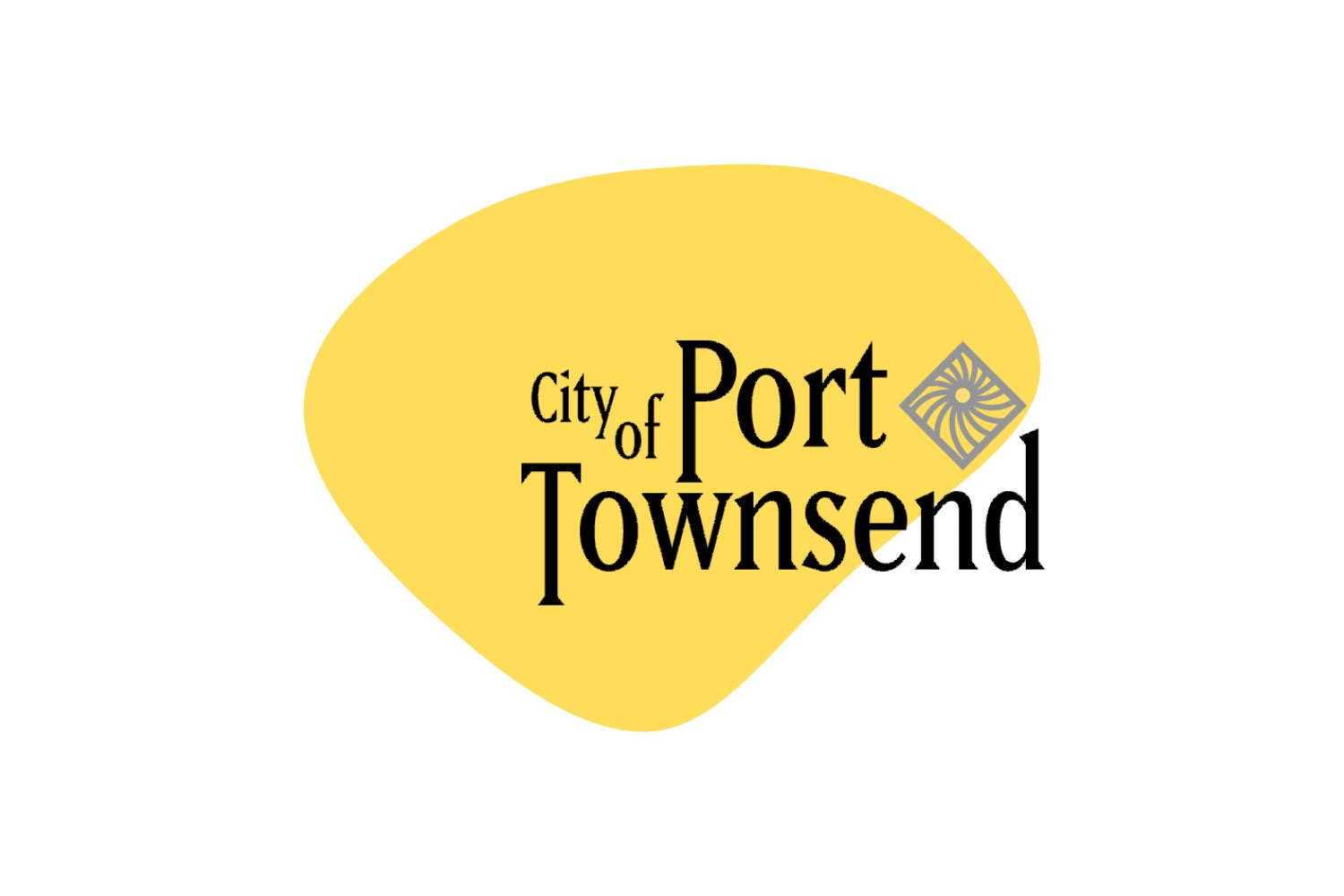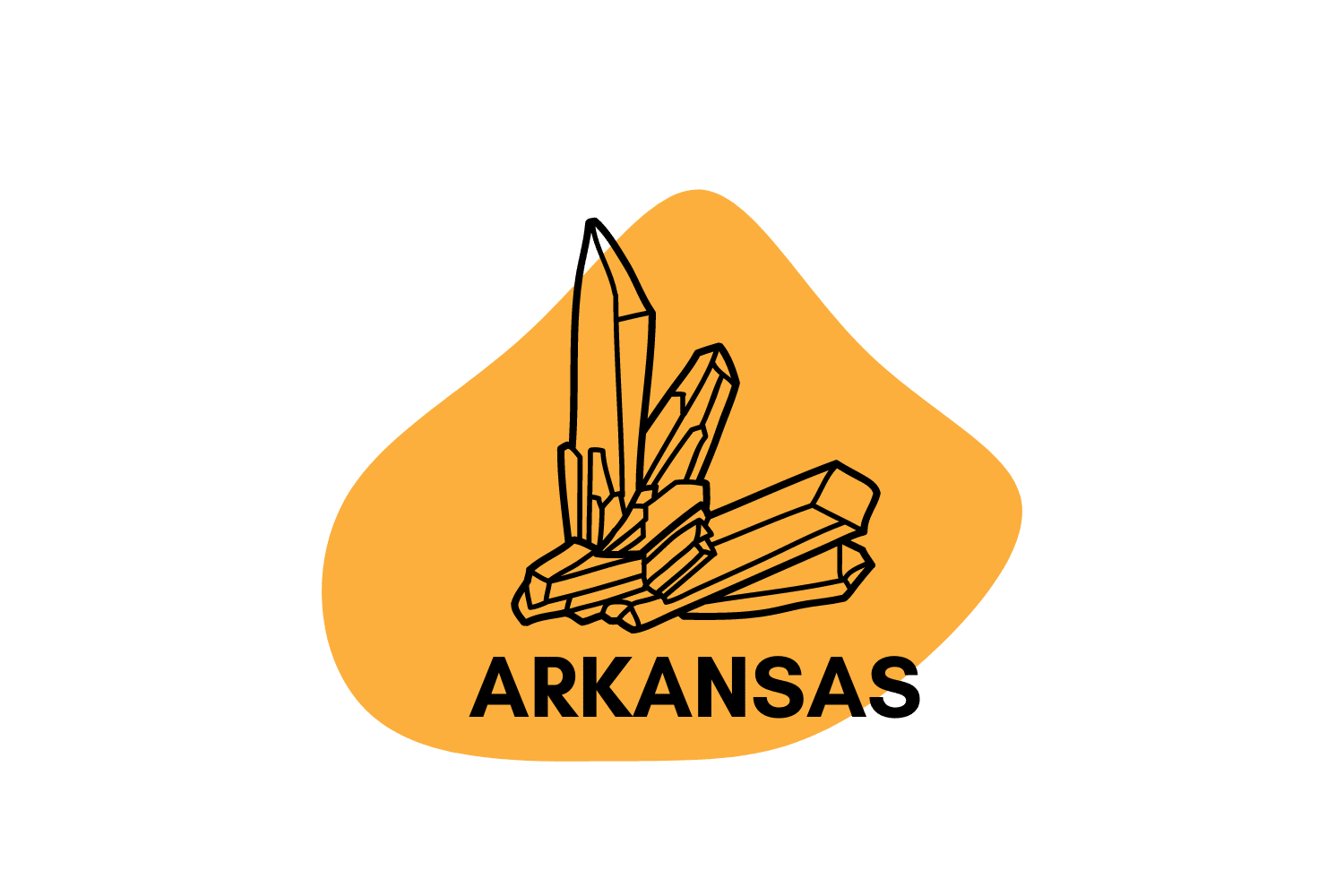Colorado I-58 Paves the Way for Magic Mushroom Healing Centers
Psilocybin is legal for therapeutic use — what does the future hold for other psychedelics? 🔮
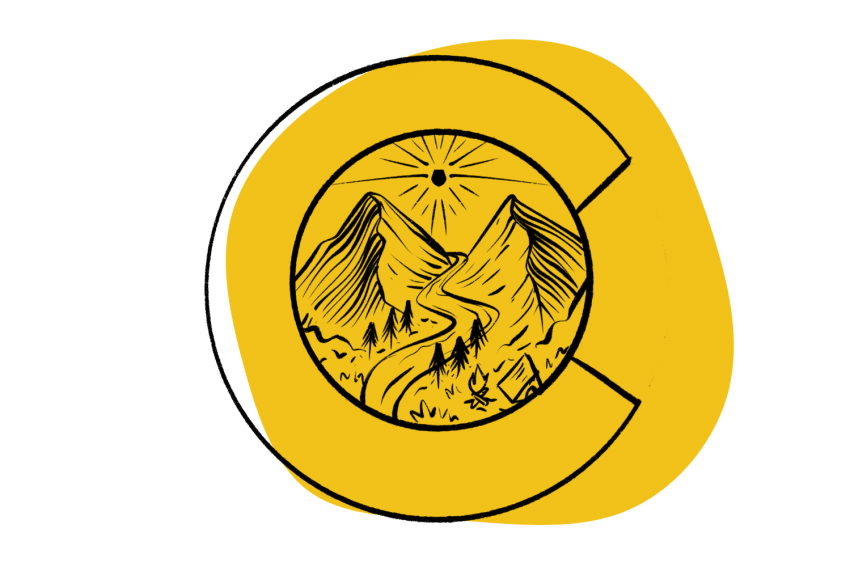
In November 2022 — ten years and two days after the state legalized recreational marijuana — voters in Colorado approved Initiative 58, also known as the Natural Medicines Health Act of 2022 (NMHA).
This move clears the way for psilocybin and psilocin, the psychoactive agents in magic mushrooms, for therapeutic use at state-regulated “healing centers.”
It also has provisions to legalize other entheogenic plants and fungi.
The initiative passed 54% to 46% but got opposition from major psychedelics advocacy groups.
We will discuss the plants and fungi listed in Colorado Initiative 58 (I-58), explore the opposition, and evaluate PACs’ role in advancing drug policy reform.
Colorado No Stranger To Drug Policy Reform
Colorado’s history of progressive drug reformation legislation dates back to the seventies. In 1975 the legislature decriminalized weed. Possession, use, and transportation of up to one ounce of marijuana were redefined as a misdemeanor, with a minor fine as punishment.

In 1979, the state that produced such notables as Jack Dempsy, “Dog” The Bounty Hunter, and Dan Fogelberg legalized medical marijuana. Due to legislative infighting, it took until 2000 for it to become a reality. In 2012, the “Centennial State” became the first state to legalize recreational marijuana. And in 2020, the governor signed a bill that made possessing small quantities of Schedule I or Schedule II drugs a misdemeanor instead of a felony.
Colorado City First to Approve Psychedelics for Therapeutic Treatment
Seeking to follow in the footsteps of the successful movement to legalize medical marijuana, advocates for the campaign to legalize psilocybin for medical use began earnestly to seek legal redress in the late 2010s.
In May 2019, Denver became the first city in the country to decriminalize psilocybin, the psychoactive agent in “magic” mushrooms. In November 2022, with the success of Initiative 58, Colorado became the second state in the country to legalize psilocybin for medical use. Oregon did it in November 2020.
Related: Current Decriminalization Laws in the United States
Psilocybin, Psilocin Medical Use Legal, Personal Use Decriminalized
Colorado Initiative 58 — The Natural Medicines Health Act of 2022 (NMHA) — legalizes psilocybin and psilocin for therapeutic use under supervised conditions for people at least 21 years old. It also decriminalizes the possession, use, personal cultivation, gifting, and transportation of drugs by adults.
The Act also has a provision that will allow it to add DMT (dimethyltryptamine), ibogaine, and mescaline — excluding peyote — to the list of legalized and decriminalized psychedelics in June 2026. Whether or not this happens will depend on the approval of a board assigned to evaluate the efficacy of the psilocybin-psilocin healing centers established by the legislation.
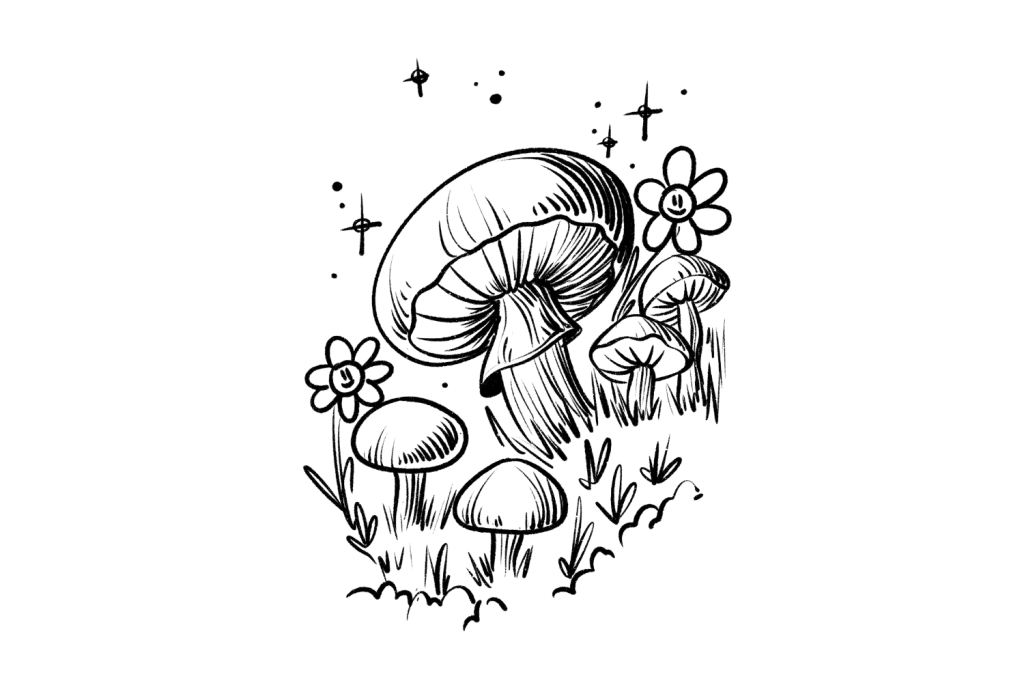
According to the NMHA, unlike Oregon’s Ballot Measure 109, Colorado counties, municipalities, and cities may establish procedures for operating the healing centers but cannot ban them entirely. Nor can they adopt ordinances or regulations that conflict with the NMHA.
The NMHA requires the Colorado Department of Regulatory Agencies (DORA), led by the measure’s 15-member Natural Medicine Advisory Board, to establish rules for the healing centers by September 30, 2024, and begin accepting licenses on the same day. The measure stipulates that all decisions regarding the licenses must be made no more than 60 days later.
Improving Mental Health Primary Goal of the Initiative
Kevin Matthews and Veronica Perez of Natural Medicine Colorado are the principal architects of the Natural Medicines Health Act (NMHA). Matthews was also the manager of Denver’s successful psilocybin decriminalization campaign in 2019.
According to Matthews and Perez, the state’s approach to mental health treatment has failed miserably. In the initiative, they claim, “Coloradans deserve more tools to address mental health issues, including approaches such as natural medicine that are grounded in treatment, recovery, health, and wellness rather than criminalization, stigma, suffering, and punishment.”
Psilocybin, Psilocin Prime Candidates for Legalization
Natural Medicine Colorado did not randomly select psilocybin and psilocin as the first psychedelic compounds to be legalized in the Natural Medicines Health Act (NMHA). According to them, the primary reason for the legislation is to “allow the use of psilocybin as a therapeutic measure.”
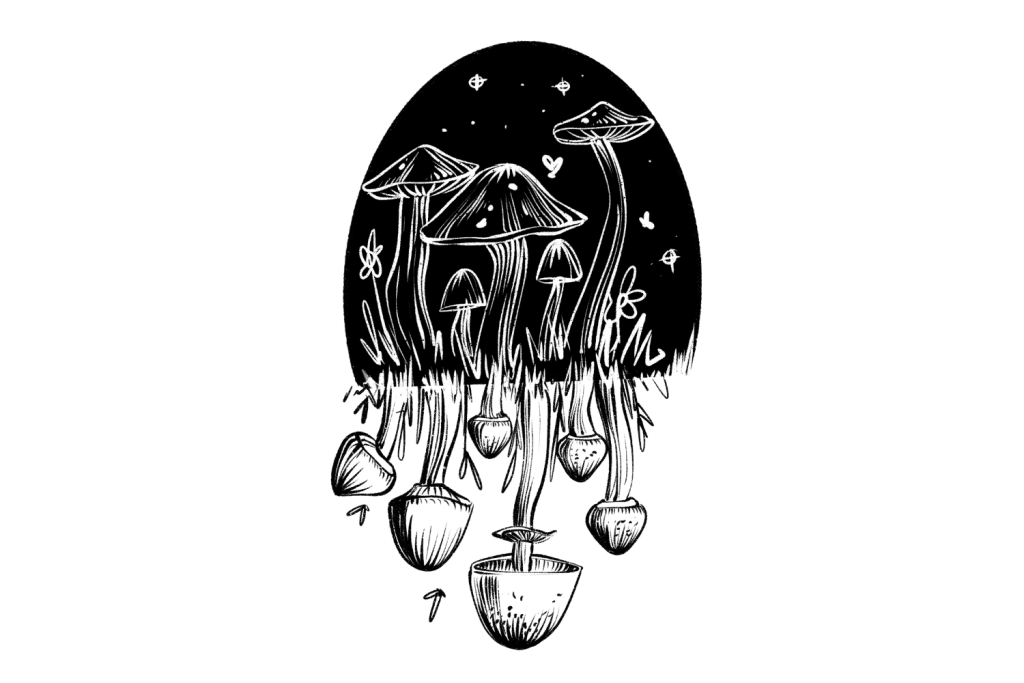
They were encouraged by the fact that the Food and Drug Administration (FDA) has designated psilocybin as a “breakthrough therapy” to treat major depressive disorder (MDD). This means that psilocybin can be used to treat MDD in situations where other methods prove ineffective.
Healing Centers Will Have Multiple Treatment Programs
Although the FDA designation applies only to treat major depressive disorder, the Natural Medicines Health Act (NMHA) has no such limitations. The healing centers created by NMHA will be able to take full advantage of the medical benefits of psilocybin and psilocin.
Both substances have proven to be effective in treating:
- Anxiety
- Cancer-related psychological stress
- Cluster headaches
- Cocaine, alcohol addiction
- Obsessive-compulsive disorder
- Smoking cessation
I-58 Leaves Room to Grow
After June 1, 2026, the advisory board created by the Natural Medicines Health Act (NMHA) can elect to expand the NMHA to add ibogaine, dimethyltryptamine (DMT), and mescaline (not derived from peyote) to its list of legalized and decriminalized entheogenic plants and fungi. Like psilocybin, all of the aforementioned psychedelic compounds have proven to be medically viable.
The benefits of these compounds include:
- Ibogaine — Studies show that ibogaine eliminates or drastically reduces withdrawal symptoms from opioids [1].
- DMT — In clinical trials, DMT has been shown to be effective in treating OCD, anxiety, and treatment-resistant depression [2].
- Mescaline — Mescaline can be beneficial in treating alcoholism, depression, and anxiety [3].

Relief for Past Convictions
The Natural Medicines Health Act also provides relief for individuals convicted of offenses involving the entheogenic plants listed in the initiative. If they have completed their sentence, they can file a petition to have their criminal records sealed.
Keeping Costs Low Critical to the Success of the Healing Centers
According to the Natural Medicines Health Act, participants in treatment at the healing centers would be required to attend three sessions: Preparation, Administration, and Integration. The treatment will likely cost around $3,000, according to Perez.

“Three thousand dollars is a lot of money for most people,” Perez said, “so, we did look at that and write into the measure that we need to be really careful with this. We want to have access programs; we want to make sure that these prices aren’t getting so out of hand.”
Concerns About Manipulation of “Medical Psilocybin Industry”
Some grassroots advocates — including Decriminalize Nature Colorado — are concerned about an emerging “psilocybin industry,” a consequence of the Natural Medicines Health Act. The measure will establish a framework for the medical psilocybin industry, beginning with licensing “healing centers,” where adults can legally consume psilocybin in sessions with trained facilitators. The NMHA will also initiate the process of licensing manufacturers, testing labs, and transporters.

Matthew Duffy is co-founder of The Society for Psychedelic Outreach, Reform, and Education (SPORE). He is concerned that NMHA will open the door to exploiting the industry. He says the initiative puts “profit over people and commercialization over the community.”
“Frankly, the NMHA is not a step in the right direction. It is a leap in the wrong direction. The NMHA is a corporate power grab, setting a corrupt foundation for the future of medicine stewardship in Colorado,” he said.
New Approach PAC Financial Assistance: Blessing or Curse?
Duffy’s biggest beef with the Natural Medicines Health Act of 2022 is that over 90% of the financing came from the New Approach PAC. “The NMHA is largely being pushed forward by an out-of-state PAC called New Approach — a lobbying group representing corporate interests vying to be the gatekeepers of psychedelic medicine,” he said.
According to Decriminalize Nature Colorado, the New Approach PAC is using the NMHA to “cash in on psychedelic legalization.”
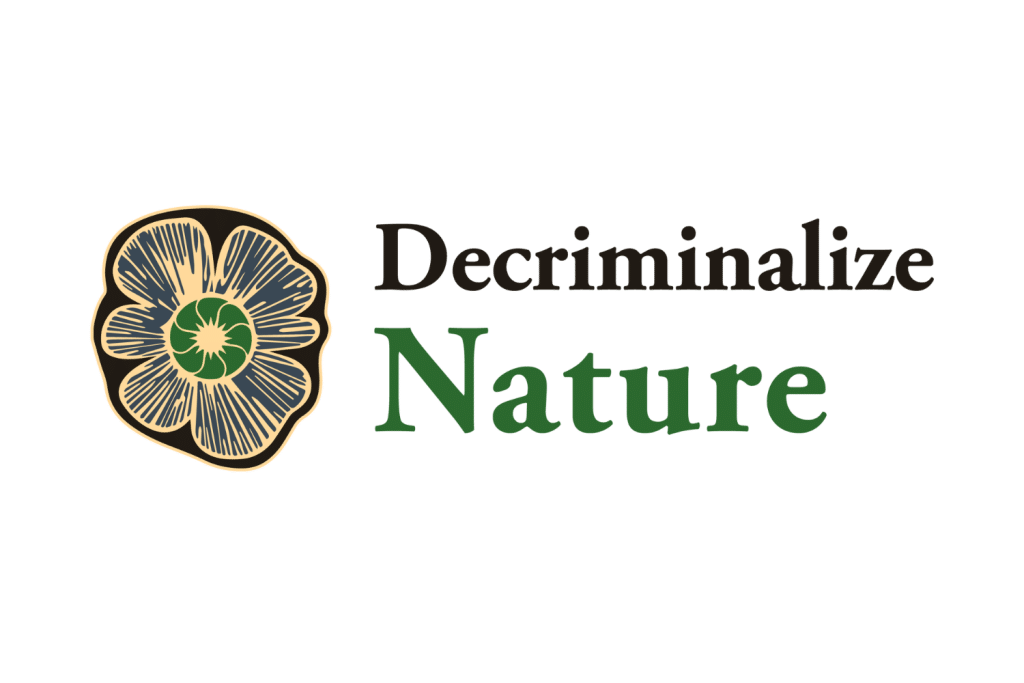
Melanie Rose Rodgers, co-founder and Director of Development for Expunge Colorado, says that donations from New Approach PAC will enable them to exert influence over the program.
“You are beholden to your investors. People will want a return on their investment,” she said.
What Is The New Approach PAC?
The New Approach PAC is by far the leader in contributions to drug reform legislation. It was created in April 2014. Its initial efforts were aimed at legalizing and decriminalizing marijuana.
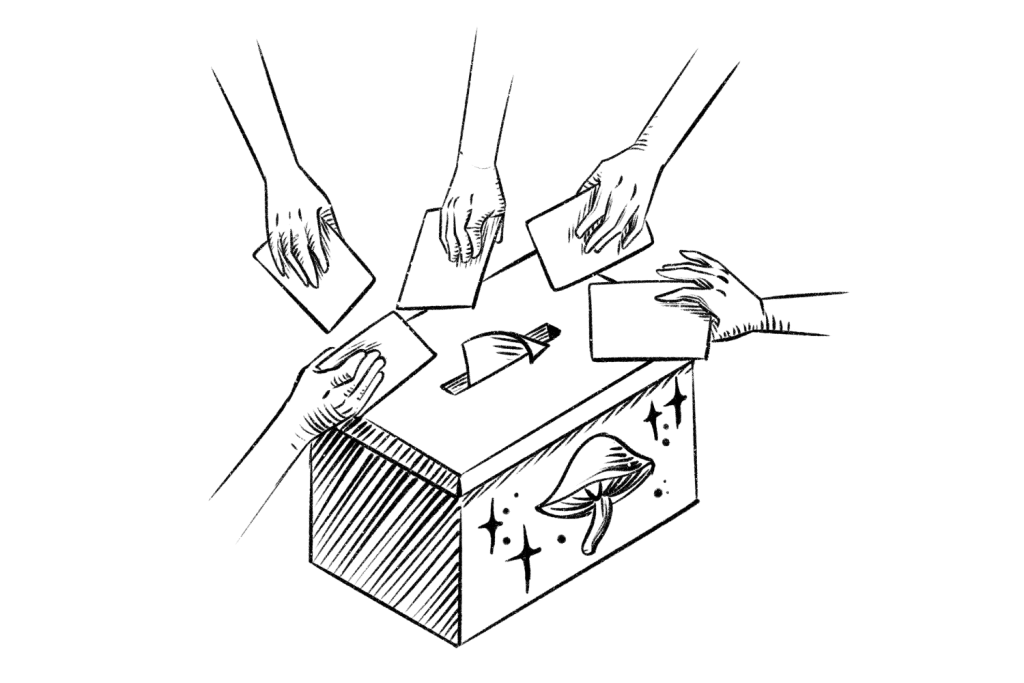
As of late, the organization has focused its attention on supporting legislation to legalize the therapeutic use of naturally occurring psychedelic compounds. It has collected millions in donations and has spent more money than any other organization in the country on such causes.
Some of the PAC’s recent successes with psychedelic drug reform legislation include:
- Colorado Proposition 122, Decriminalization and Regulated Access Program for Certain Psychedelic Plants and Fungi Initiative (2022)
- Oregon Measure 109, Psilocybin Mushroom Services Program Initiative (2020)
- Washington, D.C., Initiative 81, Entheogenic Plants and Fungus Measure (2020)
New Approach: Our Focus is on “Healing and Common Sense”
Taylor West, chief of staff for the New Approach PAC, says that her organization’s mission — “to support policy reforms focused on healing and common sense” — “aligns well with the work that the Natural Medicine Colorado coalition has been doing…”
According to West, more people will be open to treatment options if they can trust that there is training, transparency, and oversight in the program. “Those are the sole motivations for the design of the initiative. No corporation is financially supporting this campaign, and no corporation was involved in the design of it,” she said.
I-58 Overcomes Strong Opposition
Opposition to the Natural Medicines Health Act of 2022 came from a variety of sources. Some medical professionals expressed concern that the Food and Drug Administration (FDA) has not approved psilocybin as medicine. There was also concern that it was still an illegal Schedule 1 drug.
Dawn Reinfeld, executive director of Blue Rising Together, says that NMHA’s claim to be concerned about the mental health of Coloradans is a con. According to Reinfeld, NMHA “is brought to us by out-of-state corporate interests that are not truly looking to help with the mental health issues in Colorado.”
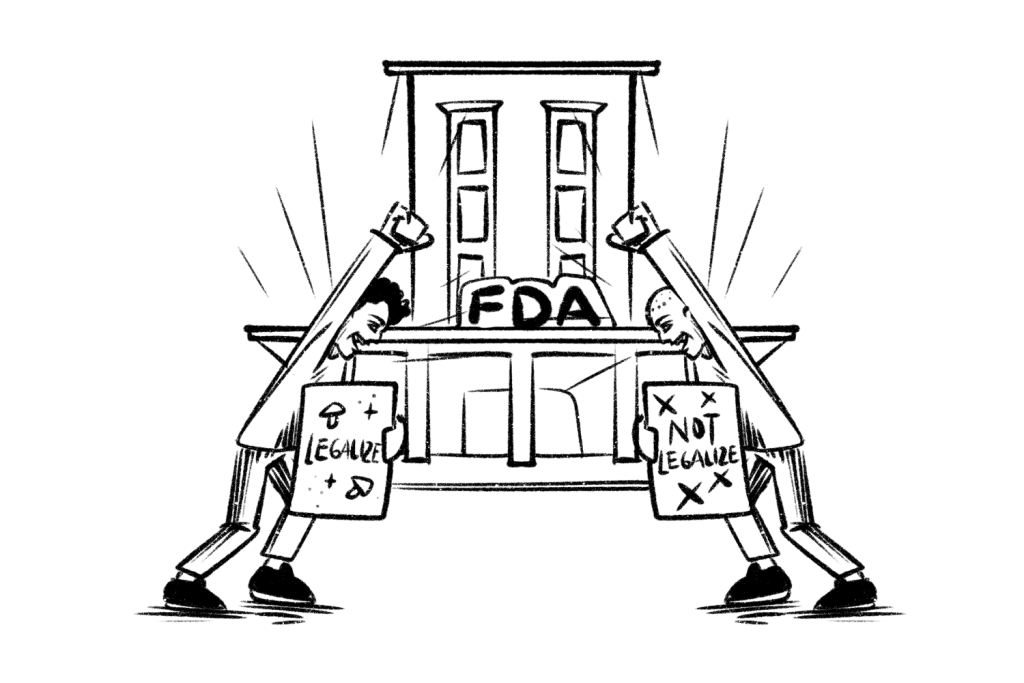
Luke Niforatos of Protect Colorado’s Kids says I-58 is an attempt to “put Colorado on the map as the top destination for drug dealers hopeful to become ‘entrepreneurs’ in the eye of state law.” “We’ve seen this playbook when it was used to commercialize and normalize opioids and marijuana,” he added.
Related: The War on Drugs — Why It Failed & Where to Go From Here
Dueling Initiatives
But the most vociferous opponent of the measure is Decriminalize Nature Colorado. The longtime nationwide drug reform advocacy group is concerned that I-58 will create a plethora of opportunities for corporate intervention.
According to Decriminalize Nature Colorado, the primary goal of I-58 is to establish a legal psilocybin-psilocin market by assigning state regulators to create rules governing the cultivation, manufacturing, testing, transport, sales, and purchase of the drugs.
The group believes that this will ultimately be to the benefit of corporations who wish to cash in on the market but be detrimental to the mental health concerns of the average Coloradan.

In protest of what Decriminalize Nature Colorado felt could amount to a “corporate takeover,” the group assigned Expunge Colorado Director of Development Rodgers and Nicole Foerster to draft an alternative initiative, free of the trappings of a regulated psilocybin-psilocin market.
DNC’s alternative initiative, I-61, focused solely on the legalization of the possession, use, cultivation, production sharing, giving away, and delivery of psilocybin, psilocin, ibogaine, mescaline, and DMT. The text of I-61 took up just shy of two-thirds of a page. I-58 is 18 pages long.
Alternative Measure Falls Short
Unfortunately, Coloradans never got the chance to choose between competing initiatives. Apparently, the voters felt more comfortable with the regulated market created by I-58. The alternative, I-61, fell considerably short of the necessary signatures needed to make the November 2022 ballot.
Foerster said Decriminalize Nature Colorado was disappointed that I-61 did not make the ballot. “We campaigned in reaction to an act that we do not support. We do not support the Natural Medicine Health Act and Initiative 61 was our best bet at trying to voice what people wanted to see.”
I-58 Meets All Challenges
Although the margin of victory was hardly overwhelming, it was solid, and the measure overcame significant challenges. Co-chief proponent Veronica “Lightning Horse” Perez says I-58 collected over 220,0000 signatures, about 100,000 more than they needed.
“That means that there are people out there in Colorado that are aware of this, that care about this, that know that there is value in this medicine,” she said.
References
- Davis, A. K., Barsuglia, J. P., Windham-Herman, A. M., Lynch, M., & Polanco, M. (2017). Subjective effectiveness of ibogaine treatment for problematic opioid consumption: short-and long-term outcomes and current psychological functioning. Journal of psychedelic studies, 1(2), 65-73.
- D’Souza, D. C., Syed, S. A., Flynn, L. T., Safi-Aghdam, H., Cozzi, N. V., & Ranganathan, M. (2022). Exploratory study of the dose-related safety, tolerability, and efficacy of dimethyltryptamine (DMT) in healthy volunteers and major depressive disorder. Neuropsychopharmacology, 47(10), 1854-1862.
- Agin-Liebes, G., Haas, T. F., Lancelotta, R., Uthaug, M. V., Ramaekers, J. G., & Davis, A. K. (2021). Naturalistic use of mescaline is associated with self-reported psychiatric improvements and enduring positive life changes. ACS Pharmacology & Translational Science, 4(2), 543-552.

